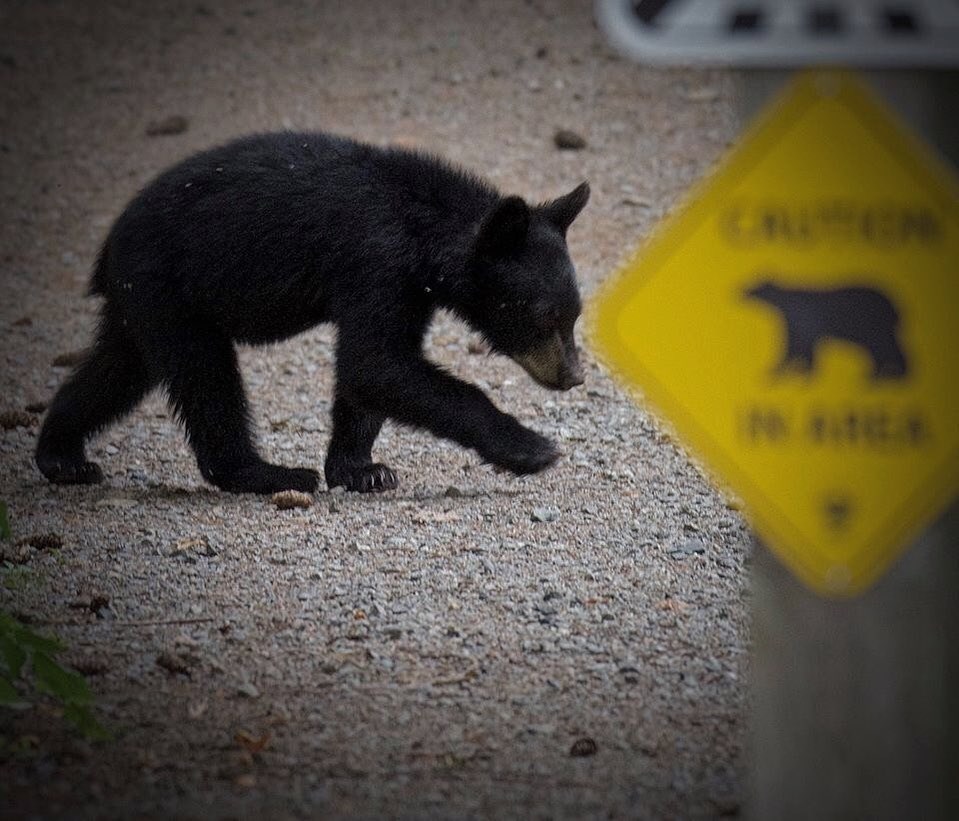A petition launched in response to the capture and killing of several bears in the Tri-Cities has garnered nearly 34,000 signatures calling for reform and introducing oversight to the BC Conservation Officer Service.
By Wednesday afternoon, March 11, that put it within roughly one thousand signees of its 35,000-signature target listed on the website change.org.
Started in January by the Metro Vancouver activist group Stop Animal Brutality, it is addressed to the Minister of Environment and Climate Change George Heyman; Minister of Forests, Lands and Natural Resources Doug Donaldson; assistant deputy minister of environment and climate change Jim Standen; and chief conservation officer Doug Forsdick.
In a five-point set of demands, the group urges:
- BC Conservation Officer Service (BCCOS) further prioritize preventive measures and education over the killing of bears;
- BCCOS be placed under independent oversight;
- municipalities receive more funding to ramp up bylaw enforcement related to wildlife feeding and leaving out attractants;
- BCCOS hand out fines and press charges in relation to wildlife attractants;
- and all BCCOS members receive training in “animal sentience and behaviour to better understand the animals they work with.”
In 2019, 30 bears were destroyed by the conservation officers in the Tri-Cities, a significant hike from the previous year.
Several groups — from academics and activists to lawyers and residents of the Tri-Cities — have called for an overhaul of the way the BC Conservation Officer Service operates. In one case, it even sparked one Coquitlam resident to launch an effort to have BCCOS use Finnish bear dogs to scare bears out of residential areas.
For its part, the Ministry of Environment and Climate Change — which oversees the BCCOS — as well as several of the service’s officers have repeatedly told The Tri-City news that much of their work is focused on removing attractants from urban areas. Killing bears, they contend, is a last resort and represents small percentage of their activities.
It’s residents, they say, who need to take the issue more seriously and stop leaving out food waste that attracts bruins to their neighbourhoods.



